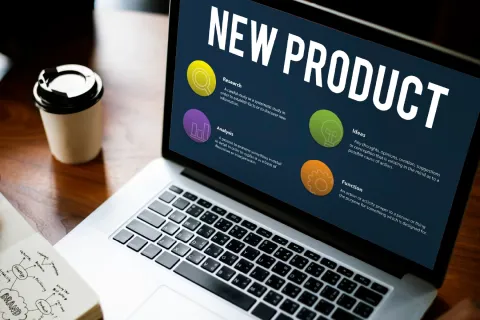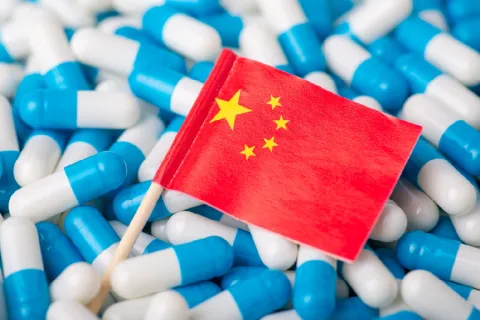
South Korea is quickly becoming a major player in the global pharmaceutical market. The country boasts strong healthcare systems, a focus on innovation, and close ties with international organizations. For pharmaceutical companies, staying up to date with South Korea’s evolving rules and regulations is crucial. This is where pharmaceutical Regulatory intelligence becomes essential.
In this blog, we’ll explain what Regulatory intelligence in the pharmaceutical industry means, why it matters in South Korea, and how companies can benefit from it.
What is Regulatory Intelligence in the Pharmaceutical Industry?
Regulatory Intelligence (RI) means gathering, understanding, and using information about laws, guidelines, and Regulatory trends within a country’s healthcare system. In the pharma industry, this helps companies:
- Follow the rules correctly.
- Learn about upcoming changes early.
- Make informed decisions about product approvals.
- Avoid delays and potential issues.
Why Pharmaceutical Regulatory Intelligence Matters in South Korea
Changing Regulations
South Korea’s Ministry of Food and Drug Safety (MFDS) updates its rules often to match international standards such as the ICH (International Council for Harmonisation). These changes often focus on new technologies and emerging therapeutic areas, including digital health, safety reporting through mobile apps, and electronic submissions. Companies must stay informed to keep up.
Faster Product Approvals
South Korea provides fast-track pathways for priority products like orphan drugs, breakthrough therapies, and emergency-use medications. To benefit from these, companies must fully understand the eligibility criteria, documentation, and submission timelines—something Regulatory intelligence pharma teams are equipped to handle.
Global Connections
South Korea collaborates with organizations such as ICH and the World Health Organization (WHO). These international relationships often influence domestic regulations. With a strong pharmaceutical Regulatory intelligence strategy, companies can prepare for and adapt to such global-driven changes.
How Regulatory Intelligence Supports Key Pharma Processes
Labeling Compliance:
Helps companies keep up with updated labeling rules, including digital and multi-language requirements, ensuring accurate and clear product information.
Drug Approval Process:
Provides insights on submission requirements, Regulatory pathways, and timelines to facilitate faster product approvals and market entry.
Post-Marketing Compliance:
Monitors changes in safety reporting and pharmacovigilance regulations to ensure ongoing adherence and avoid regulatory risks.
Risk Mitigation:
Identifying potential Regulatory challenges early allows companies to adjust strategies proactively, preventing costly mistakes or delays.
Improved Decision-Making:
With accurate and timely information, companies can make informed decisions, ensuring that their products meet all Regulatory requirements throughout the product lifecycle.
Tips for Good Regulatory Intelligence in Korea
- Check the MFDS Website Often: Get updates directly from the MFDS website.
- Work with Local Experts: Korean consultants can help understand the rules better.
- Attend Meetings and Conferences: Events from MFDS or GMP conferences give useful information.
- Watch Global Changes: Changes from international groups (like ICH or WHO) can affect Korean rules too.
Conclusion
Regulatory intelligence pharma strategies are indispensable for pharmaceutical companies targeting the South Korean market. With rapidly changing policies, opportunities for expedited approvals, and increasing global alignment, companies need accurate and timely intelligence to stay ahead.
At Freyr, we assist companies track and understand South Korean regulations so they can succeed smoothly. From product registration to safety reporting, we’re here to guide you.









